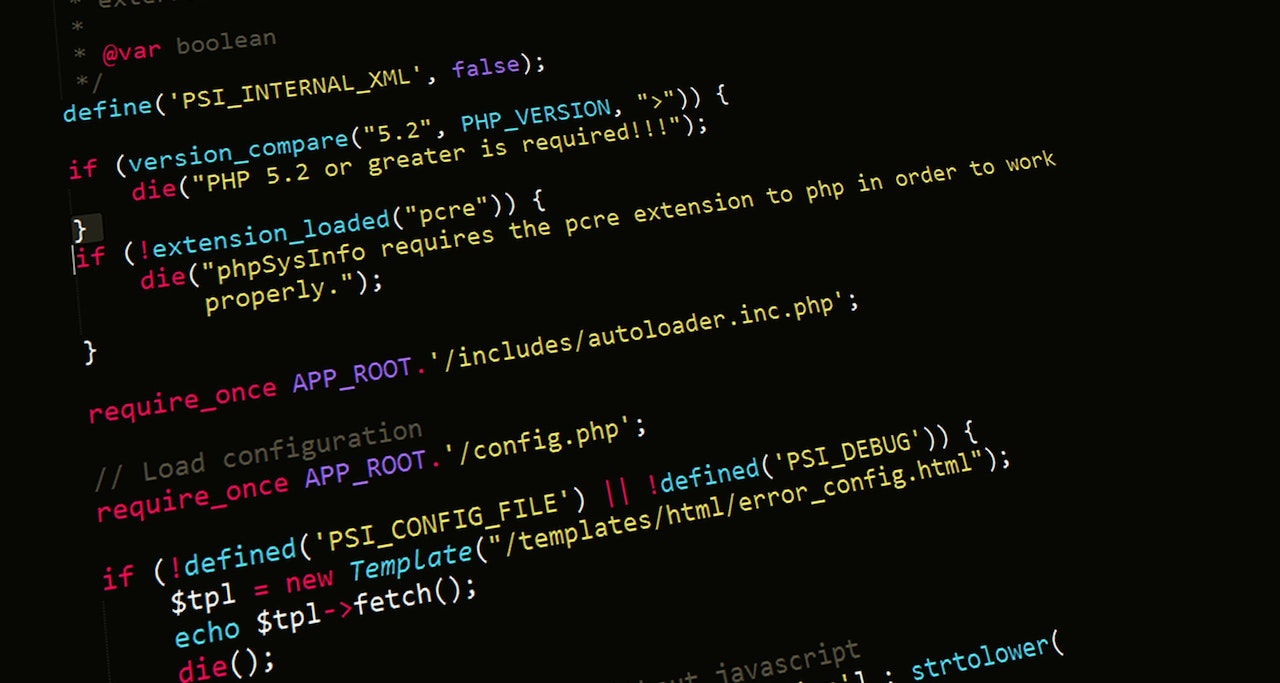How to become a PHP developer
Published

Published

RemoteScout24 · Published 2022-08-23 20:18:13.0
RemoteScout24 · Published 2022-08-23 20:18:13.0
RemoteScout24 · Published 2022-08-23 20:18:13.0
RemoteScout24 · Published 2022-08-23 20:18:13.0



